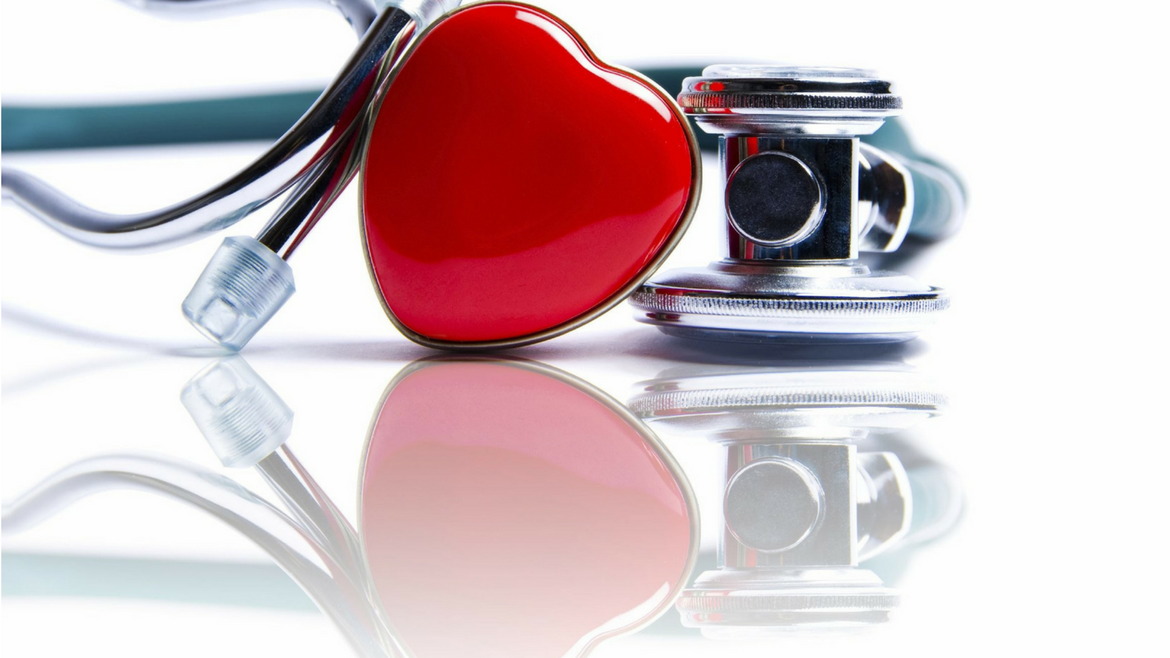The fact that the leader of the US House of Representatives, John Boehner, competes with colleagues over the number of steps taken per day as recorded by Fitbits and Fuelbands offered an intriguing glimpse at the human side of political life when it was reported last year. It also provided a revealing look into changing health practices—and the growing role of mobile and wearable devices as mobile health becomes a mainstream part of fitness and self-care.
Both big technology firms and smaller start-ups are moving quickly to connect mobile devices even more closely with their owners. In 2014, Apple announced the Watch (an “intelligent health and fitness companion”) and Google launched Google Fit, a platform for developing fitness apps and aggregating user data.
“Every company with its lights on is into this—Google, Apple, AT&T, Verizon, Qualcomm, Intel, Facebook, Microsoft,” says Dr Eric J. Topol, director of the Scripps Translational Science Institute, a centre for medical and scientific innovation, in a briefing paper by John Carey that we published earlier this month.
The rise of mobile health, heralded for several years now, has been relatively slow to materialise. Yet several programmes have demonstrated its possibilities. A public-health initiative in New Zealand urged participants to quit smoking through carefully tailored text messages: “Who else r u givng up Smoking 4? Write down 4 people who will get a kick outa u kickng butt. Your son, daughter, mum, dad, m8’s?” At six weeks, self-reported quit rates doubled.
Of course, there are multiple ways to apply mobile technologies in healthcare, some of which are easier than others for policymakers, app developers and users to support and navigate. The sheer complexity and diversity of healthcare systems has been a hurdle to adoption and implementation. Privacy and ownership of personal information are also pivotal issues. In a global EIU survey of healthcare leaders in the public and private sectors, half (51%) say data privacy risks are their greatest concern. Many (53%) also worry that people could misinterpret their own data and make poor health decisions as a result.
However, nearly two-thirds (64%) of respondents say mobile health could dramatically improve outcomes by giving people increased access to medical information. Clearly, the potential of these technologies, like their complications, is almost endless. Not only can the Fitbit track your aerobic progress, but similar wearable technologies could let physicians monitor patients’ vital signs remotely, allowing them to go about their day—or, if in hospital, sleep through the night—with fewer interruptions.
Mobile healthcare policy—governing issues such as regulation of medical devices, privacy and data security—has lagged but seems to be catching up. In the US, the Food and Drug Administration has issued non-binding guidance on mobile health apps. And in Europe, the European Commission recently launched a public consultation on mobile health in Europe.
The personal interaction between doctor and patient will remain paramount in the delivery of high-quality care. But in an age when so many of us own mobile devices, the use of these mobile healthcare technologies—to complement, facilitate and support that relationship—makes good sense.
The views and opinions expressed in this article are those of the authors and do not necessarily reflect the views of The Economist Intelligence Unit Limited (EIU) or any other member of The Economist Group. The Economist Group (including the EIU) cannot accept any responsibility or liability for reliance by any person on this article or any of the information, opinions or conclusions set out in the article.




